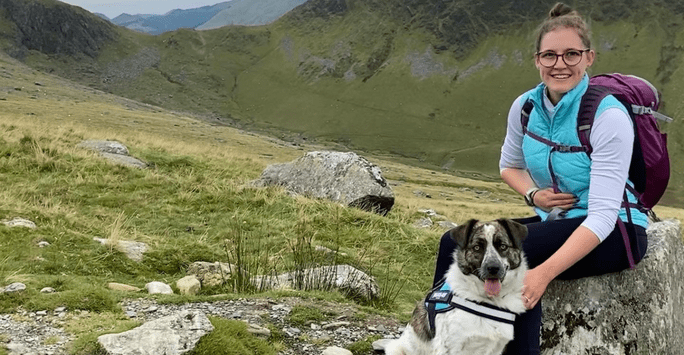
Dr Kaylea Clark has maintained strong links with Liverpool School of Medicine since graduating in 2017 – acting as an examiner for clinical assessments, being part of the School’s Associate Clinical Teachers (ACT) programme and, this year, deepening her interest in medical education further as an Academic Fellow.
Her passion for teaching, appreciation of the benefits of being a ‘generalist’, and love of people (and talking the ear off them!) have been in motion since her undergraduate days.
What brought you to Medicine, and to Liverpool?
I had always been interested in the human body and love people – they fascinate me, we are all so different. Also, talking is probably my favourite thing to do – my mum will attest to that fact! So, Medicine seemed the perfect career for me – Yes, I get paid to talk!
I am originally from Manchester and while I preferred not to stay at home for university I did not want to move too far away. I selected four universities which were relatively close to home and hoped to get a spot – Liverpool chose me, and it’s been stuck with me ever since!
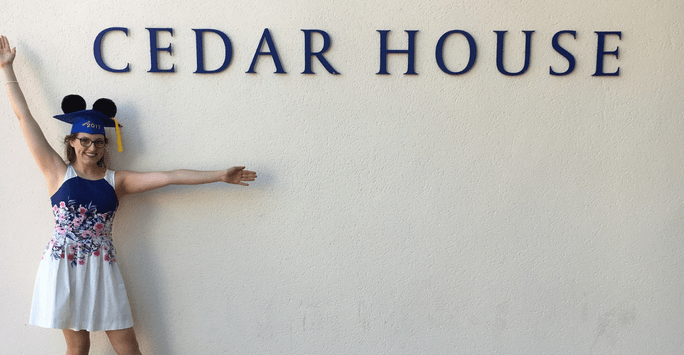
What do you remember of your first weeks of University?
I am of the generation that had to dress the part – there were no scrubs for my cohort. I distinctly remember on Day 1 turning up to Clinical Skills in jeans and a jumper, as many others had, and being advised of the dress code. Following the session, I tootled down to Primark to buy “Dr Clothes” and I don’t think I’d ever felt so fancy or proud before.
In truth, the first few weeks were quite overwhelming. I hadn’t realised how much of a home bird I was.
All of a sudden there was so many new people to meet, new learning styles to master and so much content to process, all mixed in with a healthy bout of ‘Fresher’s flu’. It took a few weeks, but I found my feet and settled into university life; I thrived on the independence I was given and the ability to manage my time and plan my days. I probably did the most ‘growing up’ during those first few weeks at university and once I started to get the hang of it there was no stopping me.
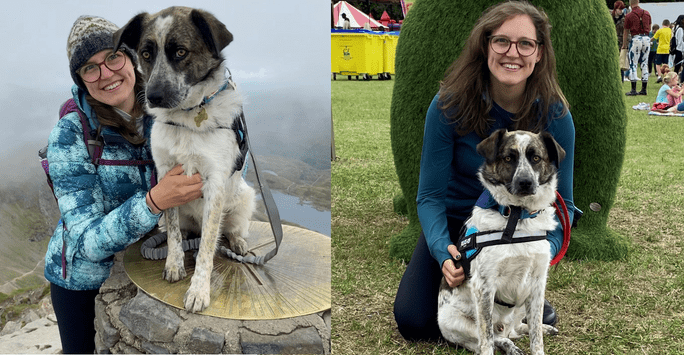
What has stuck with you most from your time at the School?
The people. The tutors you have now may be your supervisors on ward placements, or colleagues as doctors in years to come.
You will learn so much from the people around you and the experiences they have had.
I still remember things from the now long-gone Problem Based Learning Sessions (showing my age there!) and am thankful for the people that I have interacted with over the years. I am a Liverpool Graduate who has not yet left - the reason for this is the people that I have been able to interact with, learn from and be inspired by over the years.
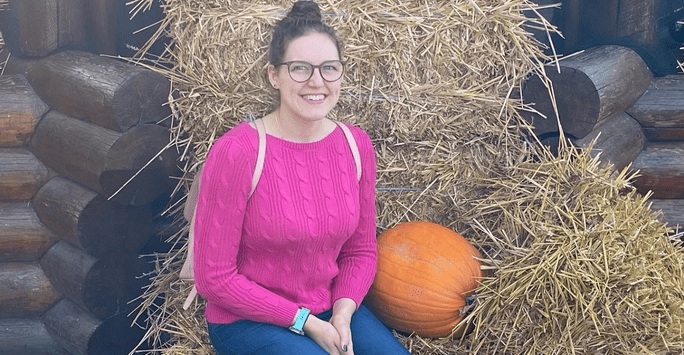
How did you overcome any challenges you faced during your time at the School?
One challenge in particular was the introduction of a new curriculum mid-way through the course. At the time I probably did not handle this as well as I could have and felt quite hard done by. Putting on my retro-spectascope this was probably one of the most beneficial untaught learning experiences from my time as a student.
It helped to develop my emotional resilience as well as my ability to adapt to change.
Things in Medicine change all the time, and we have to be open and responsive to these changes. The new curriculum was brought about to introduce improvements for us as students and benefit our learning. If I could do it all over again, I would choose to ask myself ‘Why are the University changing things?” Realistically it is going to be to benefit the students.
How did your studies and placements help you decide on your path and career in medicine?
I would see friends absolutely LOVE a particular subject area, whereas I was interested in everything but not to the same level of detail. This made me realise that I am a generalist at heart rather than a specialist. I prefer to know a little about a lot as opposed to a lot about a little. During Year 5 I was able to experience both General Practice and Emergency Medicine and I found that I preferred managing the acutely unwell as opposed to the chronically unwell, and so I opted towards Emergency Medicine for speciality training.
What advice would you have for student doctors interested in medical education?
First of all, I’m going to say ‘Welcome to the crew!’ If you enjoy teaching and feel that this is something you want to pursue in later years, have a think about how to make this happen. Whilst in university there are many opportunities to teach within societies and groups such as Peermedics to gain experience and feedback. Also, when you apply for foundation training there is an opportunity to apply for a Specialised Foundation Programme which can include Medical Education.
At present your big task is to learn, absorb and process all the information that is being given to you from many different sources.
I personally found teaching others was a good way to do this, with the added bonus of it helping me to revise – In order to teach it, I must first know and understand it!
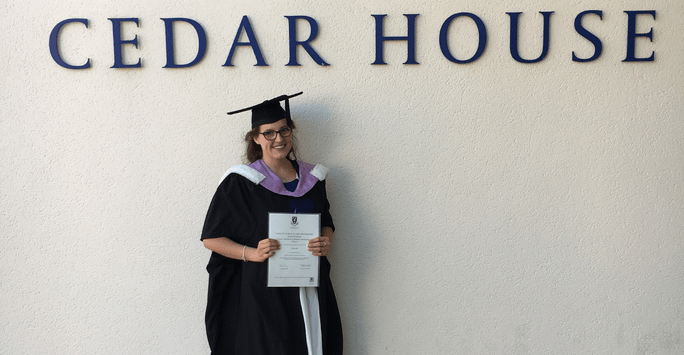
What advice would you have for yourself as a first-year student doctor?
Be nicer to yourself. Consultants train up to 11 years following graduation to be an expert in their field. Medicine is too vast to know everything which is why we get specialist opinions. I did a lot, and I mean a lot a lot, of reading and revising during the early years of my career because I felt this pressure to know everything. The race to consultancy is a marathon not a 100m sprint. Very valuable feedback from my FY1 Supervisor there! We learn as we progress and it’s okay to not know all the answers.
Discover more
- Do you, like Kaylea, have a passion for medical education? There are plenty of opportunities for you to develop your teaching skills, through Peermedics, PAL-Med and other medical societies. Keep a look out in the student bulletin for the latest activities.
- Dive into other career paths, learnings and insights on our Alumni Stories Catalogue (link).
- The Get Involved page (link) of our Liverpool Educators Online website details all of the current opportunities you can engage with as a clinician, including being a part of our clinical assessment and Admissions interview processes.
- Are you a Liverpool graduate with a story to tell? Get in touch with us at mednews@liverpool.ac.uk.